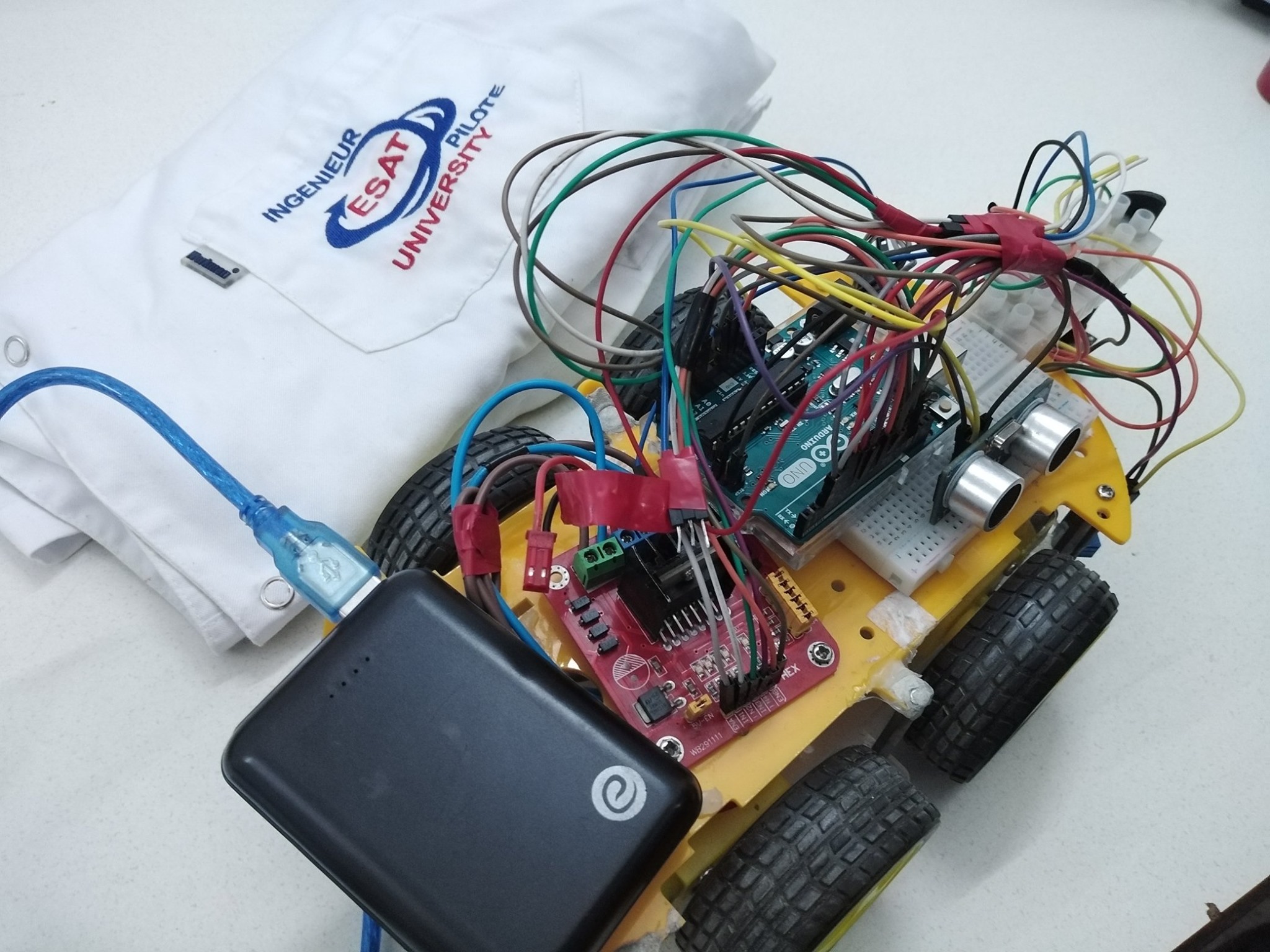 In our university, students have the academic freedom necessary to shape their unique and individual paths.
In our university, students have the academic freedom necessary to shape their unique and individual paths.- Home
- About Us
- Education
- Our Education
- Our Programs
- Admission
-
 In our university, students have the academic freedom necessary to shape their unique and individual paths.
In our university, students have the academic freedom necessary to shape their unique and individual paths.

